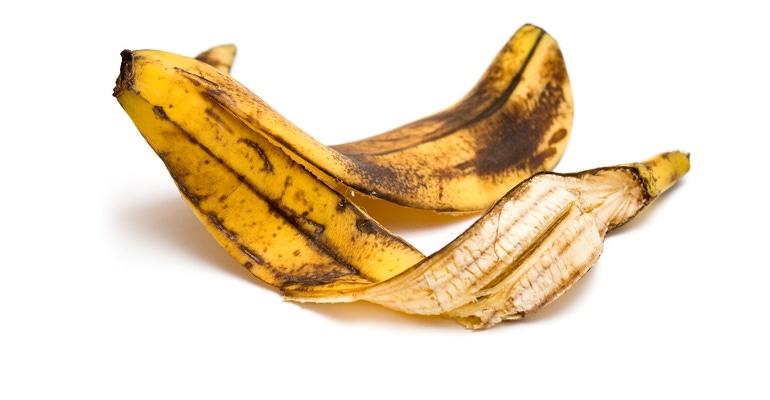Each day at 5 p.m. we collect the five top food and supplement headlines of the day, making it easy for you to catch up on today's most important natural products industry news.
April 29, 2017

This startup has a natural solution to the $2.6 trillion food waste problem
Apeel Sciences is taking a shot at reducing food waste by trying to prolong the shelf life of produce. Apeel's approach is to create an edible substance that's applied to the outside of produce to create a barrier. It's a spray, and it's made from lipid molecules taken from plant material left behind on farms, like banana peels. Most surprising of all? It just got certified for use on USDA Organic produce. Read more at Fortune...
Whole Foods' latest gamble? Go after Trader Joe's in a big way
Key to the retailer's growth strategy is its 365 chain of stores—pared down, lower-priced stores that cater to a more urban millennial crowd. This week it unveiled its fourth store, in Austin, that's design incorporates learnings from the first three stores. Read more at Inc...
How U.S. rice farmers could slash their emissions (and costs)
The common practice of flooding fields makes rice the biggest crop contributor to greenhouse gas emissions. A technique called Alternate Wetting Drying could help reduce those emissions, as well as water and fertilizer use. It's been in use in parts of Africa and Asia for decades, and is now being used on 35,000 acres in the U.S. by a group called Nature's Stewards. Getting more rice cultivators on board, though, is challenging absent larger incentives. Nature's Stewards is using grants to try to provide evidence that the technique makes economic sense for farmers. Read more at Bloomberg...
Nutrition label readers favor food quality over quantity
A new research paper out of the University of Illinois explored the relationship between attention to the nutrition label and food selection, servings and consumption. They combined survey and photographic data of college students' lunch plates, and observed that those who did look at nutrition labels and those who didn't consumed roughly the same amount of food, but the types of foods plated and eaten were different. The label users overall selected more fruits, vegetables and beans, and fewer fried foods and refined grains. Read more at Feedstuffs...
Blue Apron is pushing back against proposed food safety regulations
A California State Assembly bill calls for state-mandated food safety training to extend to employees in the meal kit delivery space, in addition to those in restaurant and in other food preparation positions. But Blue Apron has "concerns" about the bill and hired a lobbying to represent it at committee hearings. Read more at BuzzFeed News...
You May Also Like


